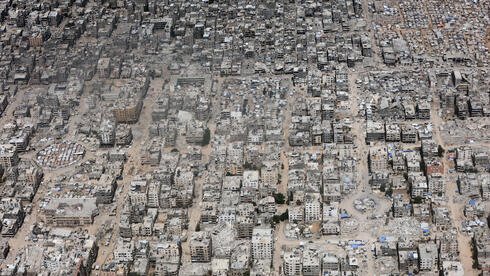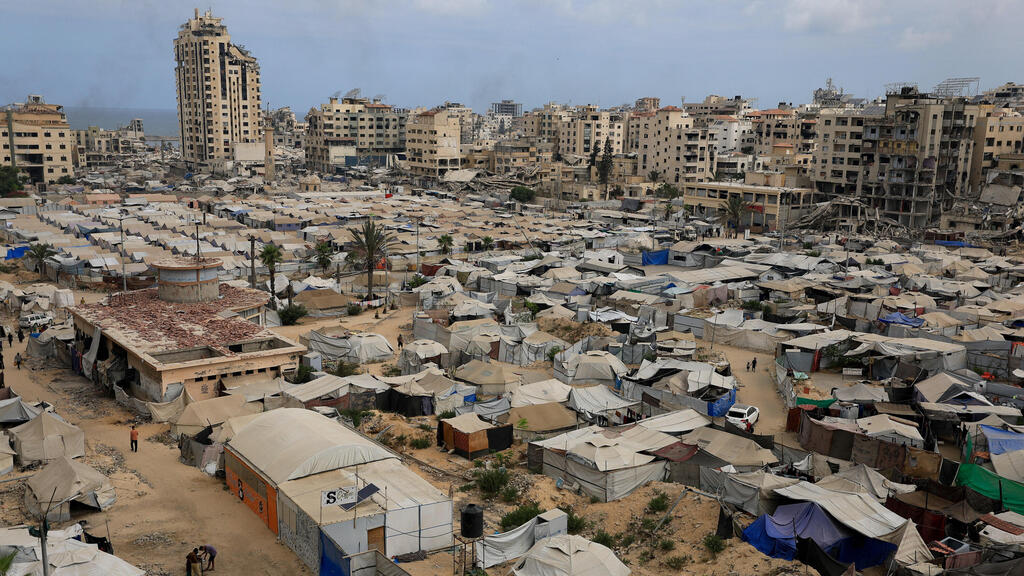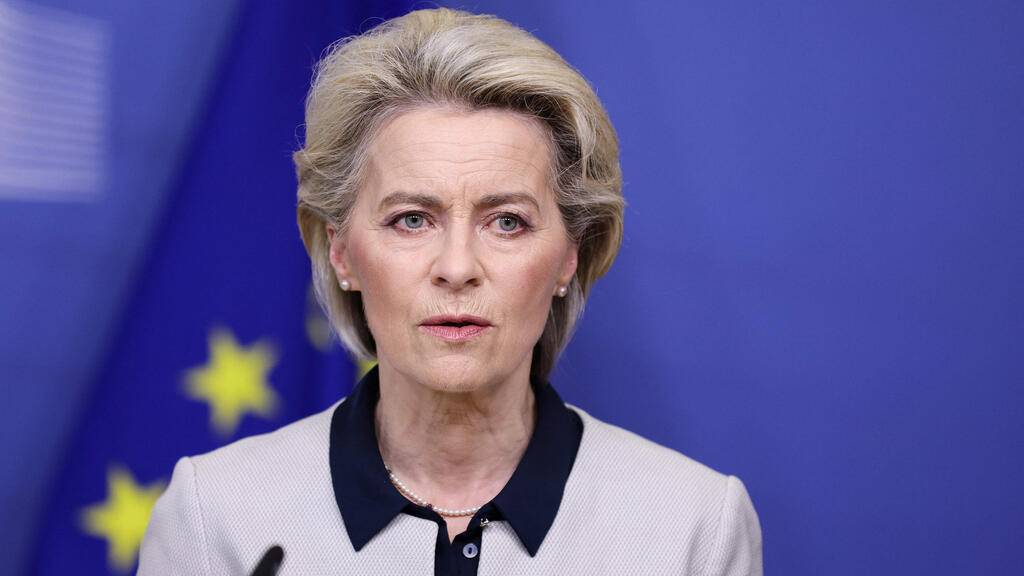Aerial view of Gaza
(Video: Reuters)
“Recognition is a good step forward, but it is not enough to build peace, stability and respect,” she said, advocating for deeper international engagement to prevent prolonged suffering.
A senior EU official, speaking to Reuters, described Gaza’s humanitarian situation as “extremely severe” despite some progress, including increased fuel deliveries, reopened routes and more aid trucks entering the strip.
However, the official noted that ongoing obstacles, particularly the lack of a safe environment for aid distribution, continue to hinder relief efforts. This follows an EU update to member states on a recent agreement with Israel to enhance humanitarian access to Gaza, which has yet to fully address the crisis.
Over 1,300 EU institution employees penned a scathing letter to Commission President Ursula von der Leyen and EU Foreign Policy Chief Kaja Kallas, demanding immediate sanctions against Israel. Expressing “deep concern and utmost urgency” over Gaza’s humanitarian disaster.
They warned that famine is accelerating “exponentially,” potentially leading to “hundreds of deaths daily, mostly children,” within weeks. The employees criticized temporary measures like airdrops or limited aid as inadequate, saying, “Silence from the EU now equates to complicity in this crime.”
They argued that the EU’s core values—human dignity, freedom, equality, democracy and rule of law—face a critical moral test, risking the bloc’s legitimacy if it fails to act decisively.
Proposed actions include targeted sanctions on Israeli entities and leaders obstructing aid, halting EU-Israel research cooperation, including the Horizon program and leading UN efforts to secure safe humanitarian corridors.
The mounting pressure from EU officials and employees underscores growing alarm over Gaza’s deteriorating conditions, amplifying calls for accountability as Israel faces scrutiny for its military and humanitarian policies.








